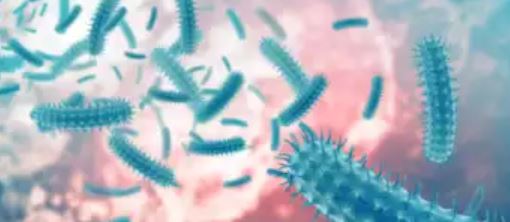Rare Brain Infection Claims Another Young Victim in Kerala
Kerala is facing a concerning resurgence of amoebic meningoencephalitis (PAM), a rare and often fatal brain infection caused by a free-living amoeba found in contaminated water sources. A 14-year-old boy from Payyoli, in the northern district of Kozhikode, is the latest victim of this devastating disease.
Grim Toll Rises: Children Bear the Brunt
This marks the fourth case of PAM reported in the state since May, with all cases afflicting children. Tragically, three young lives have already been lost to this virulent infection. The most recent fatality occurred on July 5, when another 14-year-old boy succumbed to the disease in Kozhikode.
Signs of Hope Amidst the Tragedy
Despite the grim statistics, there is a glimmer of hope in the current case. Doctors treating the 14-year-old boy in Payyoli report that his condition is improving. Early detection and prompt intervention, including the administration of specialized medications from abroad, have played a crucial role in his recovery.
Government Action and Preventive Measures
In response to the escalating crisis, Kerala Chief Minister Pinarayi Vijayan convened an emergency meeting on July 5th. The meeting yielded several recommendations to curb further infections, including avoiding bathing in unclean water bodies, ensuring proper chlorination of swimming pools, and using nose clips while swimming to prevent the amoeba from entering through the nose. The Chief Minister also stressed the importance of maintaining the cleanliness of water bodies.
Unhygienic Water and Rising Temperatures: A Deadly Combination
Medical experts attribute the outbreak to a combination of unhygienic water conditions and rising temperatures, which create an environment conducive to the amoeba’s proliferation. The infection occurs when the free-living amoeba, Naegleria fowleri, enters the body through the nose and travels to the brain, causing severe inflammation and often leading to death.
Previous Outbreaks and Ongoing Vigilance
While PAM is relatively rare, Kerala has experienced previous outbreaks in the coastal Alappuzha district in 2017 and 2023. The current situation underscores the need for continued vigilance and proactive measures to safeguard public health. Authorities are urging residents to exercise caution when interacting with water bodies and to adhere to recommended preventive measures.
Key Takeaways:
| Aspect | Key Point |
|---|---|
| Disease | Amoebic meningoencephalitis (PAM), rare and fatal brain infection caused by amoeba found in contaminated water. |
| Victims | Primarily affects children, with four cases reported in Kerala since May, resulting in three deaths. |
| Current Case | 14-year-old boy in Payyoli showing signs of improvement due to early detection and prompt treatment. |
| Preventive Measures | Avoid unclean water bodies, use nose clips while swimming, ensure proper chlorination of swimming pools. |
| Contributing Factors | Unhygienic water conditions and rising temperatures. |
| Previous Outbreaks | Reported in Alappuzha district in 2017 and 2023. |
| Ongoing Vigilance | Authorities urge caution and adherence to preventive measures to safeguard public health. |
Soumya Smruti Sahoo is a seasoned journalist with extensive experience in both international and Indian news writing. With a sharp analytical mind and a dedication to uncovering the truth, Soumya has built a reputation for delivering in-depth, well-researched articles that provide readers with a clear understanding of complex global and domestic issues. Her work reflects a deep commitment to journalistic integrity, making her a trusted source for accurate and insightful news coverage.



